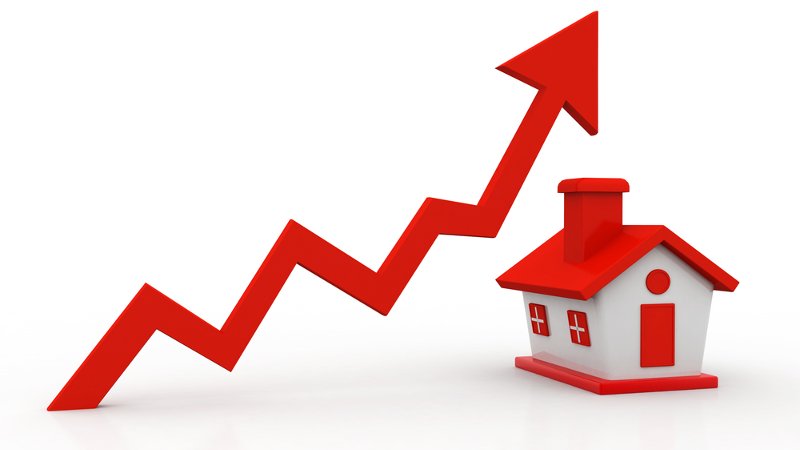Rents are expected to increase by 25% compared to just under 20% for house prices.

Chartered surveyors expect rents to outpace house price growth in the next five years, the RICS UK Residential Market Survey has found.
Rents are expected to increase by 25% compared to just under 20% for house prices.
The survey also revealed the government’s buy-to-let crackdown, especially the reduction in mortgage tax relief, is slowing down market sentiment.
Indeed, 28% more RICS members expected landlords to decrease the size of their portfolios than increase them in the next 12 months.
Simon Rubinsohn, chief economist at RICS, said: “The scale of the challenge government faces as it announces its new approach to housing is clearly demonstrated in the results from our latest survey.
“Not only are the headline price and rent series pointing to further increases over the course of this year, but more significantly, the medium term view of RICS professionals working up and down the country is that both house prices and rents will over the medium term continue to grow at a faster pace than wages putting even greater pressure on affordability.
“Whether the measures announced can ease this this trend remains to be seen.”
Andrew McPhillips, chief economist at Yorkshire Building Society, felt the housing white paper launched this week was a step in the right direction.
He said: “Supply and demand in the housing market have been out of kilter for several years, which has caused house prices to increase well beyond wage growth.
“The recent housing white paper outlines some positive steps to help tackle the housing crisis, but the government’s approach needs to be developed further into a framework of tangible actions that will reduce the UK’s 1.2 millon housing deficit.
“We also hope that the government outlines further policy proposals in the forthcoming Budget, such as considering making stamp duty a seller’s tax rather than a buyer’s tax, that have an immediate impact and long-term benefits.”
He added: “With house prices expected to continue to increase, the balance could eventually shift in favour of supply as more people are priced out of the market.
“This trend is likely to cause house price growth to slow as the market becomes less competitive.
“Additionally, an expected increase in inflation could exacerbate affordability issues and therefore housing demand as fewer people are likely to be able to save for a deposit.”



